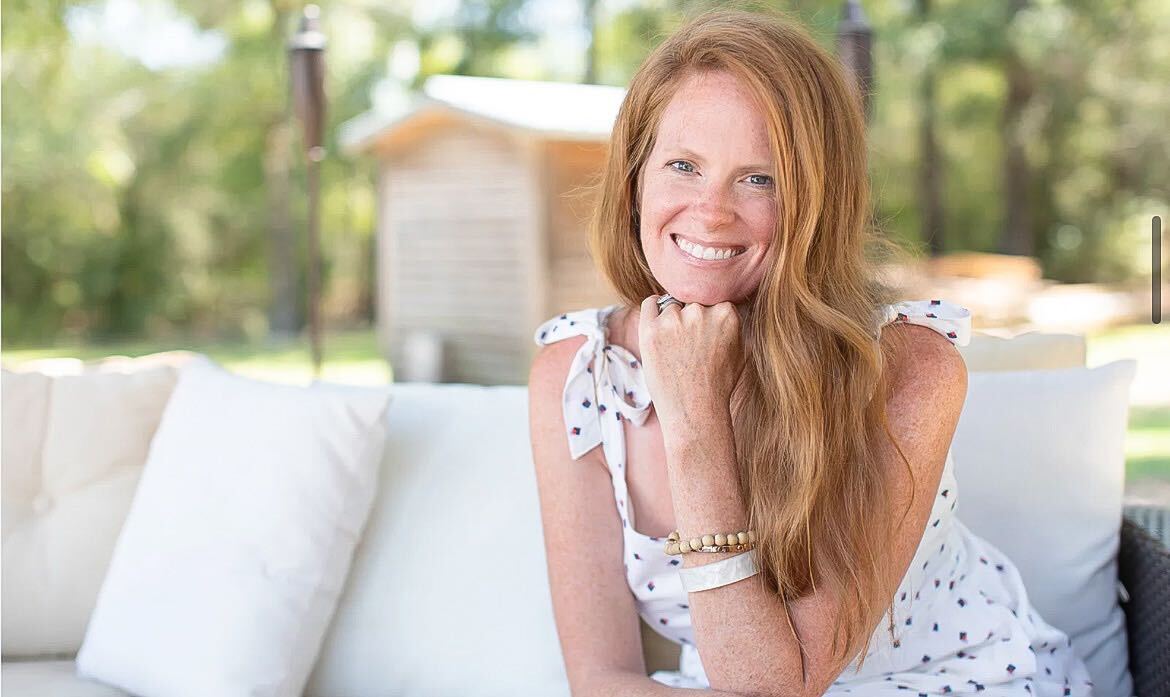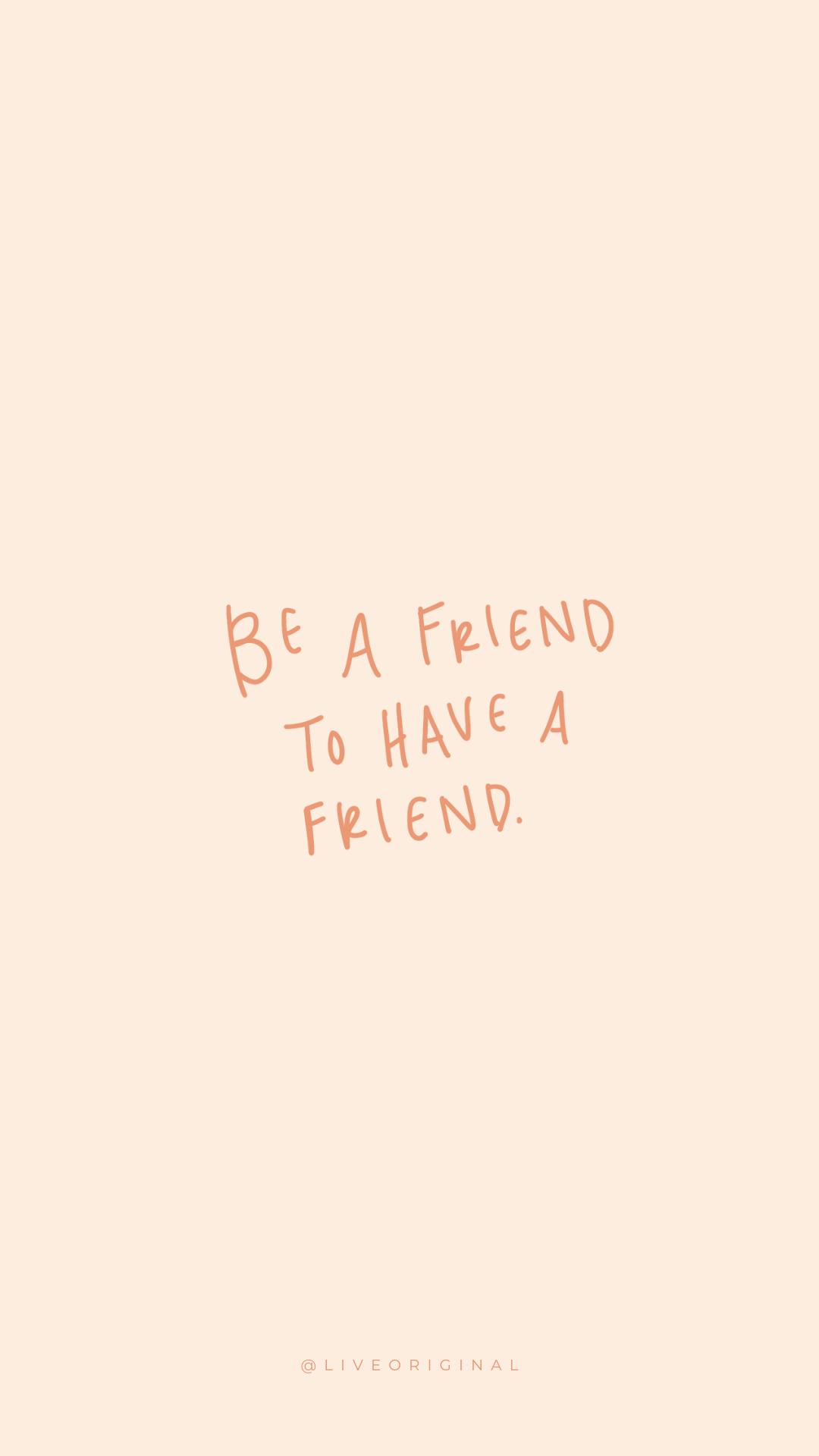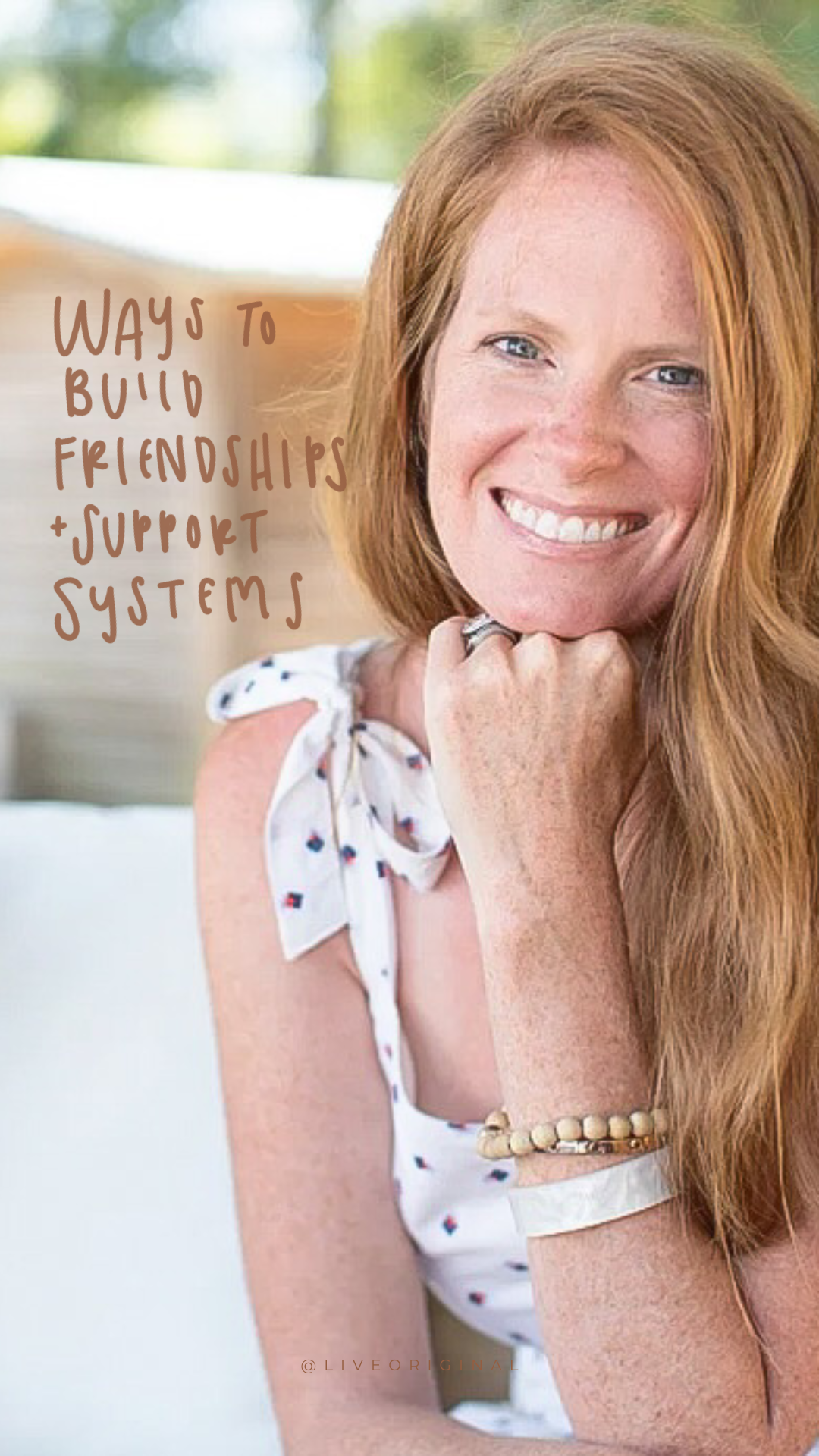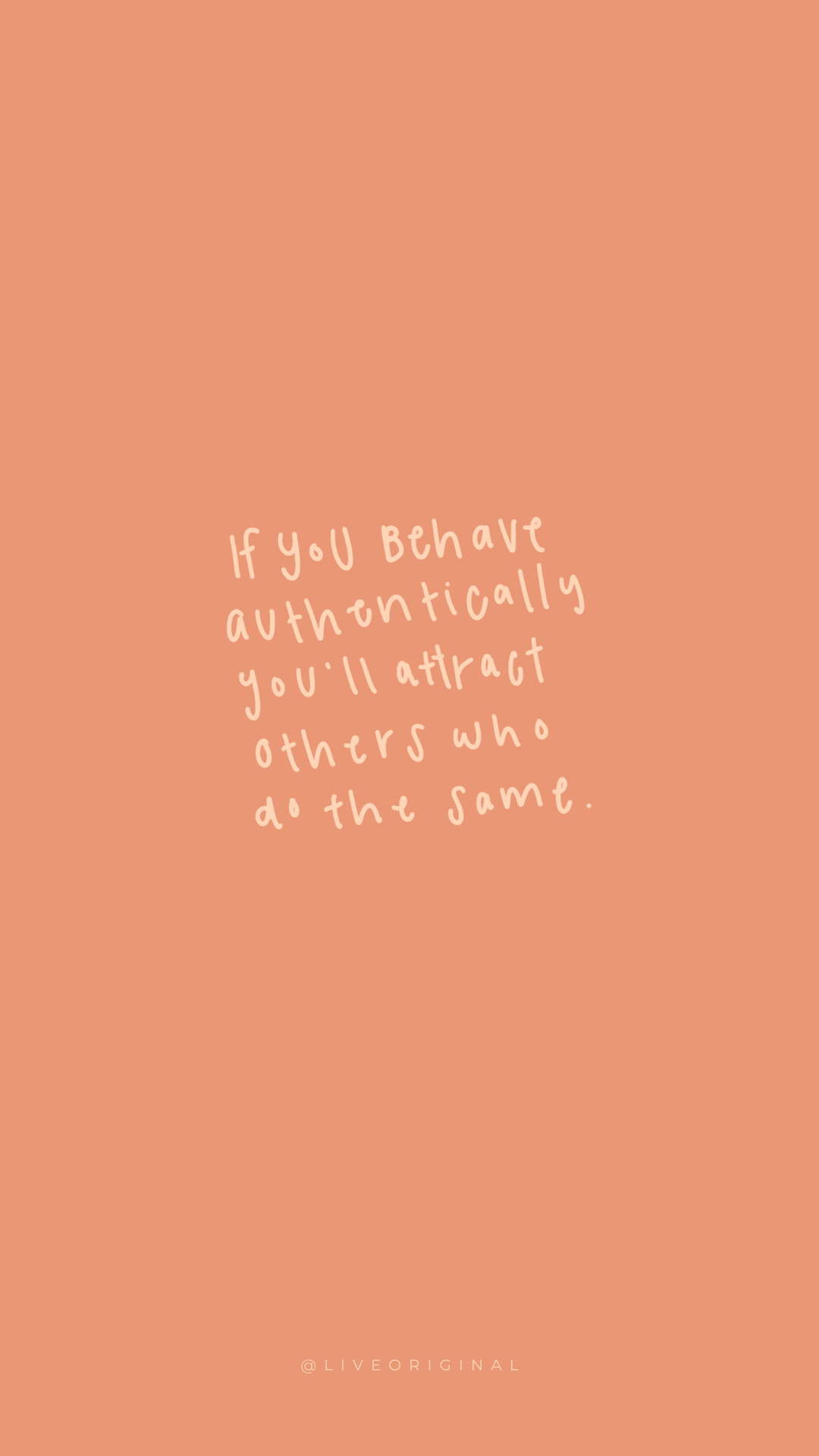When we are in the busy years of motherhood, life can feel so overwhelming. We barely make it to the end of the day without bursting into tears, and it feels like reaching out to others takes too much energy. And maybe it does. But it can also give us energy, relief, and encouragement to keep going.
Social support systems have benefits that are so far-reaching they actually prolong life. Such “villages” used to be common. Now, our villages are spread out across the country and maybe even the world, and we chat with them on our phones. And that’s okay too. But not if that takes the place of real-life relationships.
I follow a popular author who seems to have the most amazing friends and family around her. She frequently posts about those in her life who always seem to show up when she needs them. They make meals. They watch her kids. They buy her thoughtful gifts and are there when she needs a shoulder to cry on. They listen and give advice at just the right times.
Once I saw a comment on one of her threads that gave me a light-bulb moment. The person said something like, “I’m so glad you have amazing friends and family, but the rest of us don’t, so this all feels a bit braggy.”
There is nothing more discouraging than feeling alone—alone in your struggle, alone in your situation, alone in your home. When you have babies, toddlers, and preschoolers, the days are so long. And while the little ones can give amazing hugs and cuddles, you may often feel starved for grown-up conversation.
Caring for our little ones takes up most of our time and energy. It’s overwhelming. It’s exhausting. But it’s in these years that we’d most benefit from help, support, and friendship. And because most of us live life online instead of in the local community, we don’t even know how to get it.
As I’ve wrestled with that dilemma, I’ve discovered a few approaches that have led to rich friendships.
Think outside the age box
One friend who helped me through cancer treatment, Sheryl, is about ten years older than me. She went through breast cancer when she was my age. And another two times since then. When I felt scared or panicked, I could reach out to her. Sheryl would listen—sometimes come over—and point me back to the Lord. She was someone I could rely on and reach out to when I felt bad. Her support was life-giving.
Friends don’t have to be your same age or in the same life stage. In fact, if you’re a mom of young kids, it may be hard to find a mom your age for support because you are both likely to be strung out and exhausted.
This is a great time to make friendships with older women who don’t have little ones underfoot. They have more time and remember the challenges of the stage you are in. These women can offer their perspective, wisdom, and practical help. Seek them out in your church. Be vulnerable about your struggles.
Think local first
When you are going through something and need to talk with someone, start locally. Instead of immediately reaching out to a friend across the country, reach out to someone near you, someone you may run into this week.
Forget about how your house looks, and invite that person over. Schedule the visit for when your little ones are down for a nap so you can concentrate on your time together. Or invite this person over after the kids are in bed. If you don’t purposefully cultivate relationships with people near you, you won’t have any.
When our schedule permits, we’ll invite a family over for dinner and a swim. We choose an easy meal and let the kids play outside so there’s no mess to clean up later. Thinking easy instead of elaborate means it’ll actually happen.
Be real
People who are real feel safe to others. Even if you don’t agree with everything they do or say, you can relax when you’re with them. Be this type of person. Forget about looking good, sounding good, or performing. That is vanity and doesn’t fool anyone.
If you’re sad, be sad. If you’re angry, be angry. If you’re discouraged, ask for encouragement. If you want to cry, cry. If you are about to drown, ask someone to throw you a life preserver.
Pray you’ll run into someone who can encourage you. Believe that God hears your prayers and answers them. If you don’t think prayer works, it’s because you haven’t done it enough. Scripture says, “You do not have, because you do not ask” (James 4:2, esv). So ask.
Find a church or a mom’s group. If you behave authentically, you’ll attract others who do the same. Go to your pastor or small group leader and say, “I can’t take it anymore. Do you know anyone who might be able to help me this week?” Be specific. You need help; this isn’t the time to hold back. When you find someone with the desire to help, talk to them for as long as you can. Tell the kids to be quiet and wait; they will be okay. They will learn patience.
Be a friend to have a friend
If all else fails and you feel disconnected, love others first. Find out who needs help in your area, and give it to them. Look for a mother who is worn out, and make or bring her some food.

If you know a family in your church or neighborhood that is struggling financially and you are not, pay some of their bills anonymously. Get them gift cards to the grocery store. If you don’t currently have extra funds, you can at least drop off an encouraging note. If you see something you know would lift someone’s spirits, bring it to them. Give time, attention, and love to others. Even if they don’t pay you back immediately—or ever—you will feel encouraged.
You will feel connected. You will feel alive. You will truly understand on a deeper level that it is better to give than to receive (see Acts 20:35), and in giving, you will receive some balm for your weary soul.
Adapted from If Mama Ain’t Happy: Why Minding Your Own Boundaries Is Good for the Whole Family by Rachel Norman. Copyright © 2022. Used by permission of Tyndale House Publishers, a Division of Tyndale House Ministries. All rights reserved.


















0 Comments